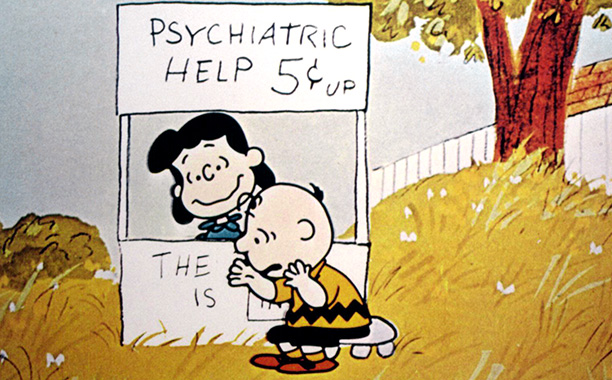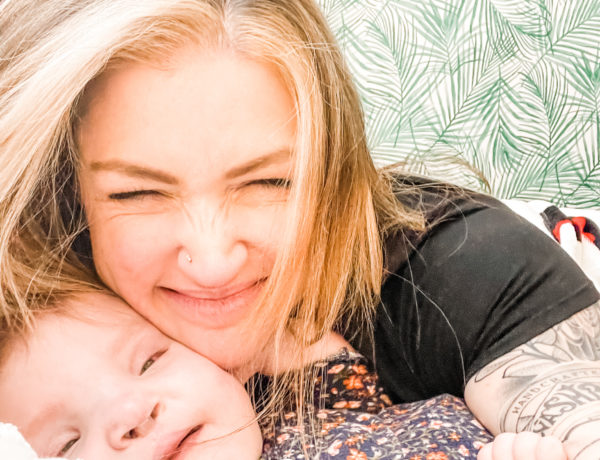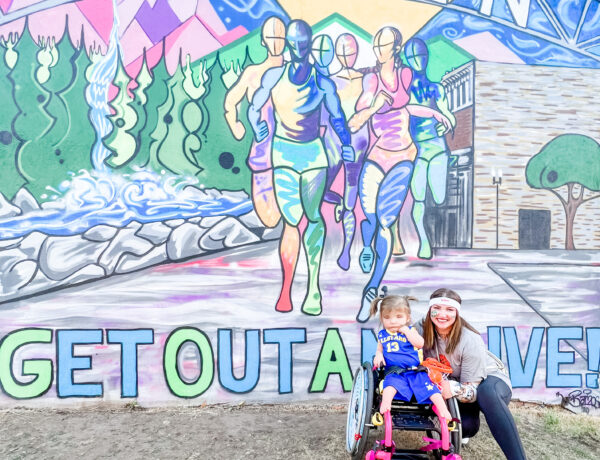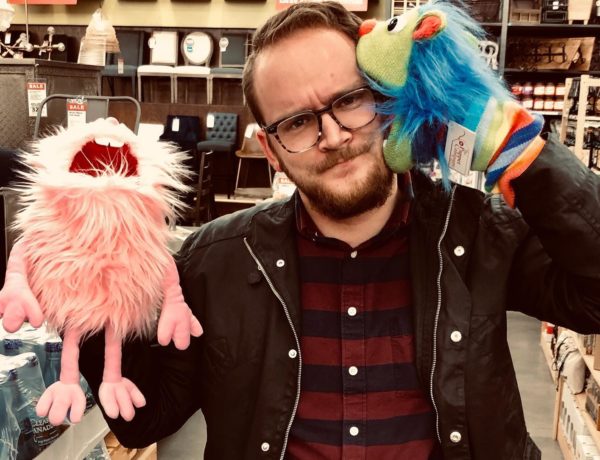When I saw there is a “National Grief Awareness Day” I LOL’ED. What do we say? Happy National Grief Awareness Day? Yikes. Sign me up for national donut day or national ice cream day instead.
The world expects so much of the grieving: including accepting a Happy National Grief Awareness Day. The world wants to see the grieving at peace. They want to see the grieving living simply. Delicately. Calmly. Nobody wants to see the raging, angry, horrific, dark waters of grief. Nobody but you, the griever…OH, and your fellow griever family, want to see the harsh realities of life after loss.
The realities like…Pain. Grief. Sadness. Death. Work. Growth you didn’t ask for, want, or possibly need?
Don’t try to give grievers the everything happens for a reason, hope you find peace tomorrow platitudes. Sign us up for this is the actual worst.
So, for whatever reason, Good grief, Charlie Brown! is a phrase that popped into my mind when I saw today was National Grief Awareness Day, thanks to the community of grievers who just get me on the ‘gram. I don’t know why this popped into my head. Probably because
a) I’m immature
and/or
b) I just know there’s no such thing as good grief. That “good grief” – the pretty, cute, palatable way society wants to see the living grieve the dead – you know?
Society expects SO much of the grieving.
<<begin sarcasm disclaimer>> Be sure to CRY and MEAN IT: but only when it’s appropriate and heartwarming. Don’t cry when you’re angry. Don’t ugly-cry or scream, nobody wants to see or hear that. Also – really please don’t cry when someone casually mentions a new Marvel movie to you and you can’t take it anymore because the person who loved Marvel like you did is dead and long gone: peace’d out for good.
If you are stoic and tearless at the funeral, something is wrong with you.
Please, only cry or not cry when it’s appropriate. Be chill, cool, calm, and collected when engaging in daily activities that aren’t funerals and death-related events. Also, if you can validate the non-grieving when they aim to comfort you, even if it’s extremely unsuccessful, that’s really important too. Bonus points for meeting societal expectations! <<end sarcasm disclaimer>>
Not only do these overarching, painful, generic expectations exist for the grieving – but then there are expectations of the ROLES of the grieivng.
The roles, dude. My roles – so far – have been a grieving daughter and a grieving widow. Two completely different roles, and – unbeknownst to me when everyone died – completely different expectations. I did pretty well at the grieving daughter thing because it was all easy: mom dies unexpectedly from natural health causes, I grieve, and we rise from the ashes with a beautiful story and memorializing her name in meaningful ways.
But the widowhood thing SUCKS and I am not happy about it. There’s no clear-cut “rising from the ashes with a beautiful story” here: I’m just really sad. I lost my bff and partner in life. And not only am I now a widow: I’m a super young widow with a disabled toddler whose husband died by suicide. Society judges, judges, judges. They judge me, they judge Aaron, they judge Sloan. They judge the whole picture, creating their own ((factually incorrect)) narratives.
Yet society, as a whole, has no clue. No clue what it was like for Aaron: being mentally vacant – thinking Sloan and I would be safer without him around as he fell into a hallucinatory, manic state.
No clue what it is like for Sloan: going through more surgeries, experiences, and hardcore life shit than any adults I know. (And the adults that experience a cold – let alone her level of medical care – complain way more than Sloan ever does, lol.)
And, ultimately, nobody knows what it has been like to be me: the griever. The grief in losing my mom: it sucked. The grief in my parenthood experience doing a total 180: that sucked. (I wouldn’t change Sloan, this has nothing to do with Sloan, just the realities of my own parenting experience and the expectations we have going into parenting.)
But you know the worst grief I’ve ever experienced? Losing Aaron. My best friend. My confidant. The person who I hoped would be grieving my death first, not the other way around. Someone who got me like nobody else did, and yet seemed to overlook all of my weird-ass terrible flaws and was extremely on-board with the good sides of me and my life. You know what sucks about the grief in losing Aaron? The judgment. Society. The expectations. The extreme, dark loneliness.
I’m expected to miss him: but not too much.
I’m expected to be angry: but not too angry.
I’m expected to rise from the depths of loss: but only when it’s pretty and likable.
I’m expected to cry on cue.
Be loud: but not too loud.
Smile on cue.
Set boundaries: but only picture-perfect boundaries.
Make others comfortable: even though my life now screams of constant discomfort.
Learning to realize, navigate, and let go of what’s expected of me is difficult. Something I’m still working on every day. People think a lot of things when someone else dies and they get to watch the death play out like a True Crime episode. It’s easy to make assumptions, judge, and expect things of others when you’re not responsible for caring for a disabled baby, receiving the calls from the medical examiners about the state of dead bodies, or making decisions about how to navigate your family’s future.
Beyond grief itself: letting go of what people think is one of the most exhausting parts of living in the aftermath of loss. There’s grief in that, you know? And there’s also…Freedom. It’s confusing.
I once cared so deeply what people thought of me. Today, it’s a different story. I care that I’m a kind human, give people the benefit of the doubt, and give back to my community in actionable, meaningful ways.
…But I have to let go of how people perceive my life, love, and loss. It’s difficult.
People have shown up for me in amazing, beautiful ways: I have had so much of that and I’m lucky.
But since today is National Grief Awareness Day: I’m here to say – if you’re in the messiness of grief, society isn’t comfy with that messiness, and you’re struggling to keep up with your own survival while managing the expectations of others…Just know that is more common than you think. I’m still in the thick of it.
There’s a dark underbelly to loss and grief: one that therapists hear a lot about. A dark underbelly that doesn’t shine through in the cute, filtered photos on IG. A dark underbelly you don’t read in the generic, templated obituaries in the Sunday paper.
Because, dammit, get a hold on your expectations society. CTFO. We’re only human.
And Good Grief, Charlie Brown – to the grieving reading this today: I wish you a really sad, grief-worthy day full of all the multitudes on this National Grief Awareness Day.
Bad National Grief Awareness Day.



